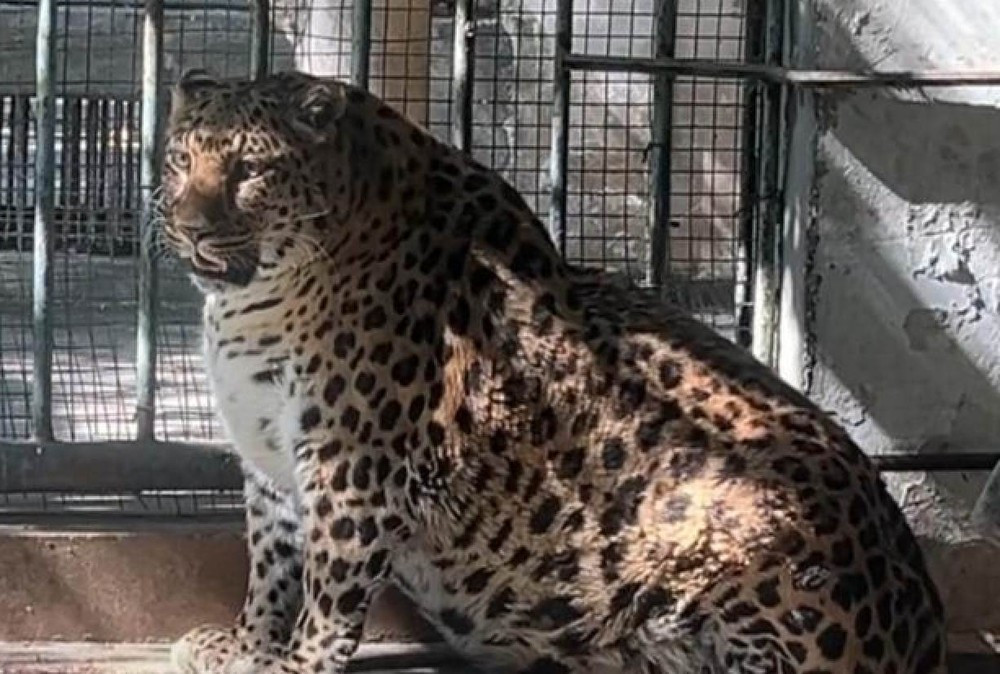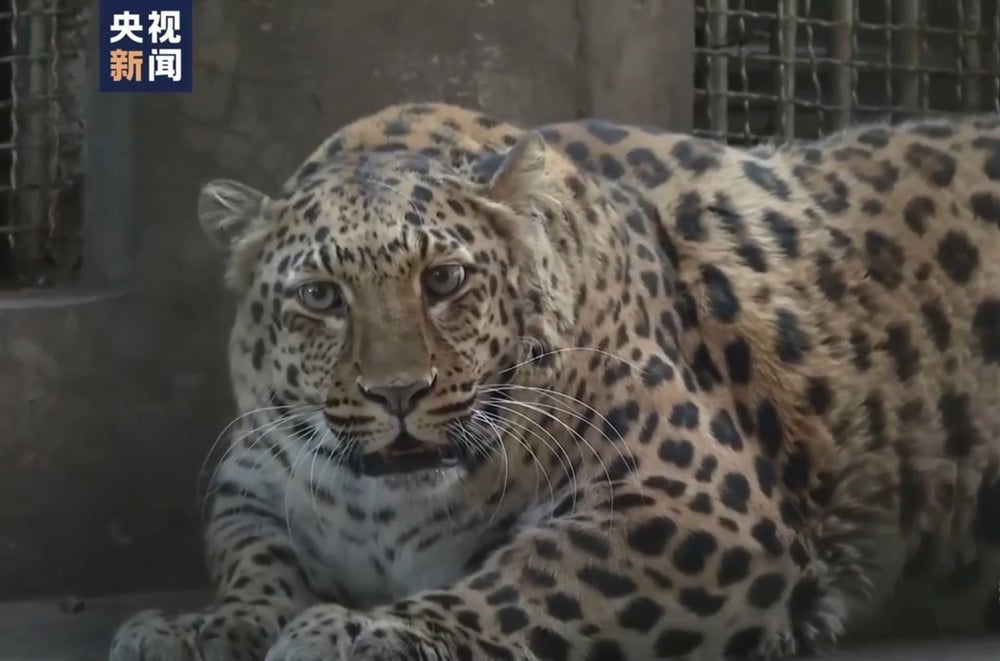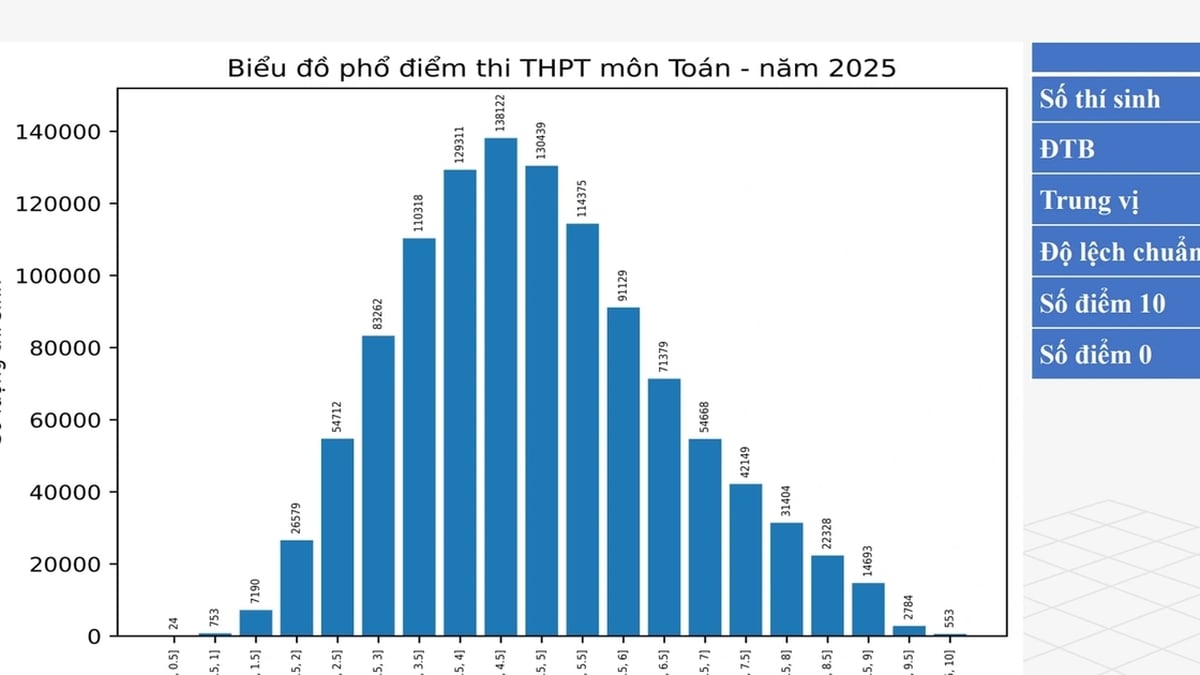
A chubby leopard has become a "mascot" to attract tourists to the zoo in Panzhihua, the southernmost city of Sichuan province, China.
The animal has become the centre of attention after tourists posted pictures of it lying leisurely in the sun, looking very similar to the cartoon character Clauwhauser from the movie. “Zootopia.”
Looking at the leopard's round body and small head, some netizens even thought it was a seal.
Visitors lined up to see the fat leopard, which has brought in 190,000 yuan ($26,000) in ticket sales this year, much higher than in 2023, even though the entrance fee is only 2 yuan on weekdays and 3 yuan on holidays.
However, besides being delighted by its cuteness, many people also expressed concern about the health of this leopard.
Xie Fan, 30, a resident of the city, said he had known the leopard for many years, since he was a teenager. He also said that when he last saw it in 2017, its weight seemed normal.
Zoo staff said the leopard has been at the zoo since 2010, this year it is 16 years old, equivalent to a person in his 60s or 70s.
They also said that due to space constraints, the leopard did not get much exercise, and as it got older, it started to gain weight. In addition, its skin was no longer as elastic due to aging, making it look fatter than it actually was.
The leopard is fed beef and chicken daily and also undergoes annual health checks. And despite public concerns about the leopard's health, staff said that despite being overweight, its bodily functions are completely normal.
A zoo official said they renovated the old enclosure, doubling the leopard’s living space so it could exercise more. They also tried putting the leopard on a diet, but it remained the same weight after two months.

They later abandoned the animal's weight loss program because experts said it was too old to adapt to the new diet.
Leopards live 12 to 17 years in the wild and can live up to 23 years in captivity.
In addition, local people in Panzhihua also said that not only leopards, but also bears, ostriches and alpacas at this zoo all appear overweight.
In recent years, overweight animals have also been reported in zoos and national parks across China.
A netizen from Weihai, Shandong Province, said that in Xixiakou Shendiao Wildlife Park, all the animals, from crocodiles, hyenas, tigers, pandas to lions, have very chubby bodies.
Last year, a fox in a wildlife park in Yunnan province became a social media trend because of its plump body “like a gas tank.”
In 2020, two giant pandas at Hainan Wildlife Park became overweight after being over-cared for, prompting the zoo to devise a weight-loss plan.
As zoos across the country have seen an increase in overweight animals, attention has been drawn to the importance of maintaining the health and well-being of animals in captivity.
Experts suggest that zoos should control animals' diets, provide increased exercise, conduct regular health checks, and especially remind visitors not to overfeed them.
Experts also recommend expanding the living space for animals, placing food in hard-to-reach places so they have to walk and climb more, thereby also helping them exercise better.
TB (according to Vietnam+)Source

































































































Comment (0)